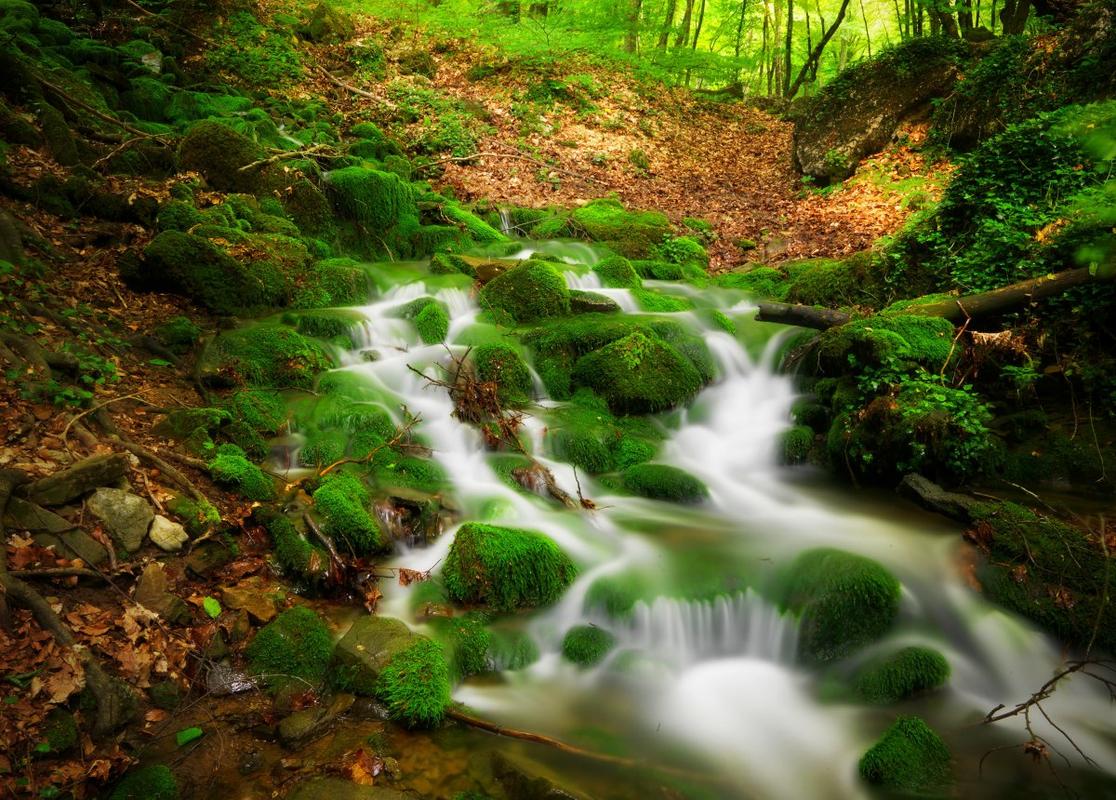The relationship between popular culture and US history is a complex and fascinating topic that has been the subject of much study and analysis. From movies to music to TV shows, popular culture has always been intertwined with the events and trends of the time, reflecting the values and beliefs of the society that created it. In this definitive guide, we will examine the ways in which popular culture has helped shape US history, and how it continues to influence the way we see ourselves and the world around us.
The Role of Popular Culture in Shaping US History
The influence of popular culture on history is undeniable. In many cases, it has served as a mirror of the values and beliefs of the society that created it, reflecting the tensions, struggles, and triumphs of the time. For example, during the 1960s, popular music served as a voice for the counterculture movement, expressing the discontent and disillusionment of many young people with the political and social establishment of the time. Similarly, movies and TV shows have often portrayed the struggles of marginalized groups, from African Americans to the LGBTQ community, creating a platform for these groups to raise awareness and advocate for change.
The Impact of Historical Events on Popular Culture
At the same time, historical events have often shaped popular culture, driving its evolution and influencing the messages and themes that it conveys. For example, the civil rights movement of the 1960s gave rise to a new type of music that was characterized by themes of social justice and equality. Similarly, the Vietnam War led to a surge of anti-war movies and music, reflecting the growing disillusionment with the conflict and the government’s handling of it. And the 9/11 attacks led to a new wave of patriotism and a renewed emphasis on the heroic ideal, as reflected in movies like “United 93” and “World Trade Center”.
The Intersection of Popular Culture and Politics
One of the most fascinating aspects of the relationship between popular culture and US history is the way in which popular culture has often been used as a tool for political messaging. From satire to activism to propaganda, popular culture has been used to influence public opinion and mobilize support for political causes. For example, during the civil rights movement, music played a crucial role in raising awareness and building solidarity among activists. And in recent years, the internet has provided a new platform for political messaging, with memes and viral videos being used to spread political opinions and mobilize support.
Conclusion
As we have seen, the relationship between popular culture and US history is a complex and ongoing one, with each influencing the other in myriad ways. From reflecting the values and beliefs of the society that creates it to shaping the messages and themes of the future, popular culture has played an essential role in the shaping of US history. And as we continue to grapple with the challenges of the present, it is certain that popular culture will continue to be a powerful force for change and inspiration.
(Note: Do you have knowledge or insights to share? Unlock new opportunities and expand your reach by joining our authors team. Click Registration to join us and share your expertise with our readers.)
Speech tips:
Please note that any statements involving politics will not be approved.
